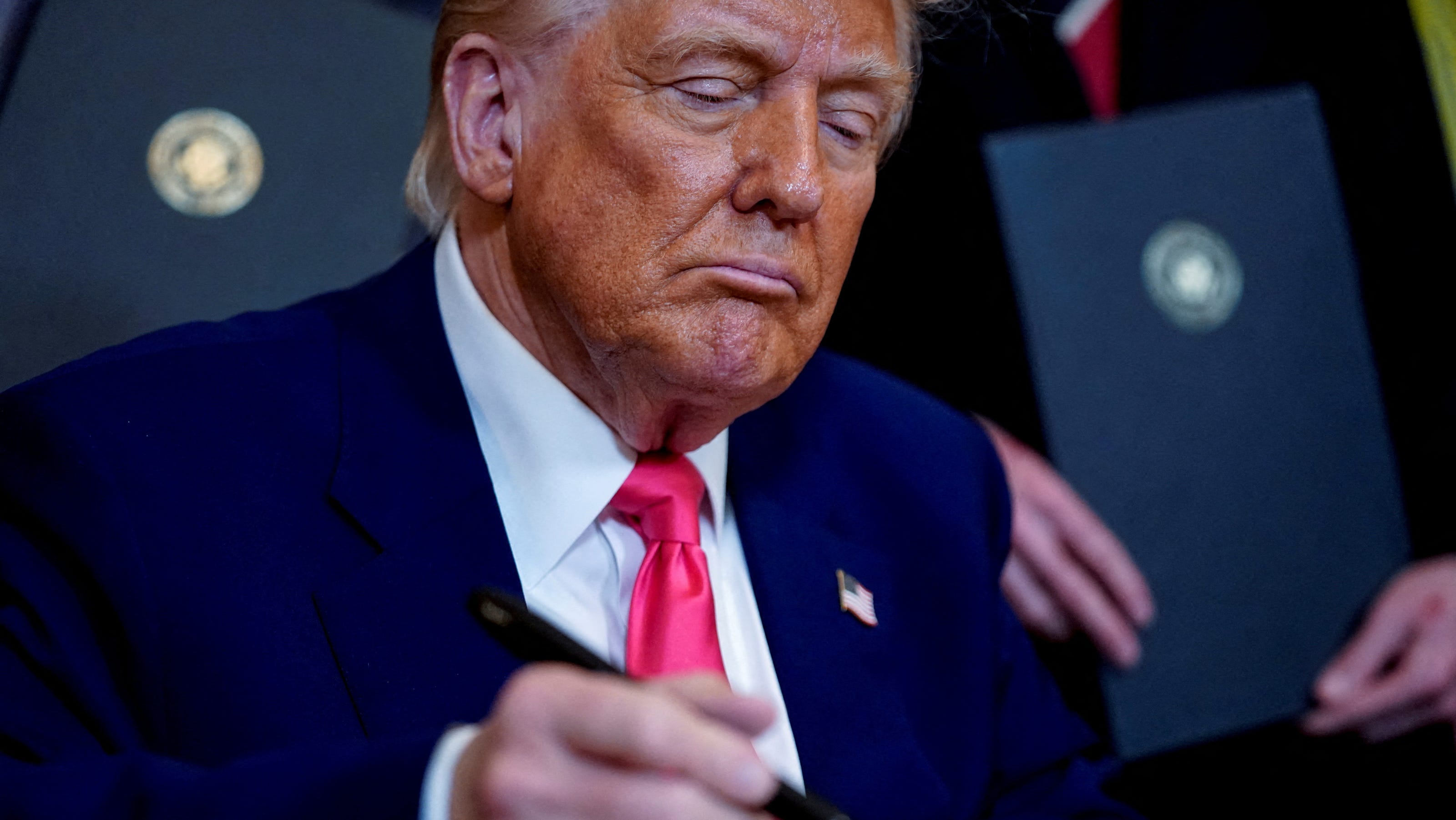It’s sort of a crazy strategy in Blackjack too. Lose 7-8 times in a row and you’re already betting 100x your starting bet.
If you’ve lost 8 times in a row, you’re actually now betting 256x your original bet.
It’s NOT a good strategy. Statistically it doesn’t by any means whatsoever ensure you’ll end up net positive.
It’s called “Oscar’s Grind” and there is a plethora of mathematics that show it is does not beat the house.
It is called the Martingale system.
Oscars grind works in a completely different fashion, and you do not raise your bet when you lose.
Thank you for this. I knew how the strategy plays but not the name.
It’s actually the strategy with the best return of any strategy, including card counting. In any blackjack strategy you need a large bankroll to take advantage of the law of large numbers.
Seriously, this works so well and is the reason for table limits.
Because you will never find a no limit blackjack table you cannot actually apply this strategy in the real world. But it is mathematically sound.
It’s not sound actually because it trivially ends up in nonsensical amounts of money and any sufficiently long series of rolls will have an increasing chance of having a sufficiently long series of losses such that no reasonable person can possibly recover from it. For instance who that can afford to bet 1024x 100 or $100,000 on a single game of chance is excited by betting $100?
It’s nonsense.
It’s mathematically sound because you do guarantee a net positive with enough of a bankroll. As I have mentioned in other comments here this is not a strategy that can be used in the real world.
You even admit it would work with absurd amounts of money… The math works.
The math doesn’t work because given enough rolls you literally always go bankrupt no matter what bankroll you start with. Take the simplest option a fair coin where you win on tails and lose on heads. Real actual random flips will contains runs of heads. Let N be the number of rolls required to bankrupt you for any value of N. The more you roll the more the probability of such a run increases towards 1.
You could end up bankrupting a billion dollar bank starting with 10 dollar bets. It’s only sound if you have a literally infinite bank. For any finite bank you just have to play longer to lose but you always end up losing.


